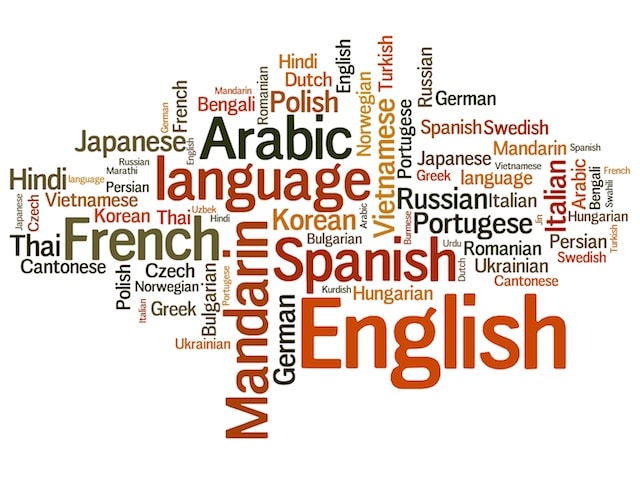SLOVENE LANGUAGE
Understanding The Slovene Language & Providing Professional Slovene Interpreters, Translators and Transcriptionists?
American Language Services ? (AML-Global) understands the importance of working in the Slovene language. For over a Quarter of a Century, American Language Services ? has worked with the Slovene language as well as hundreds of others from around the world. We offer comprehensive language services 24 hours, 7 days a week worldwide by providing Slovene interpreting, translation and transcriptions services along with hundreds of other languages and dialects. Our linguists are native speakers and writers who are screened, credentialed, certified, field tested and experienced in a number of specific industry settings. The Slovene language is unique and has very specific origins and characteristics.?
Slovene Language and Slovenia
Slovene or Slovenian is a South Slavic language spoken by approximately 2.4 million speakers worldwide, the majority of whom live in Slovenia. The official language is Slovene, which is a member of the South Slavic language group. Hungarian and Italian enjoy the status of official languages in the ethnically mixed regions along the Hungarian and Italian borders. Slovenia is a homeland of numerous musicians and composers, including Renaissance composer Jacobus Gallus (1550-1591), who greatly influenced Central European classical music, and the violin virtuoso Giuseppe Tartini. In the twentieth century, Bojan Adamic was a renowned film music composer and Ivo Petric (born June 16, 1931) is a composer of European classical music.?
The Classification of the Slovene Language
Alongside Croatian and Serbian, Slovene is an Indo-European language belonging to the Western subgroup of the South Slavic branch of the Slavic languages. It transitions to the Kajkavian and Cakavian dialect of Croatian, but is less close to the ?tokavian dialect, the basis for the Bosnian, Croatian and Serbian standard language.?
Slovene Phonology
Slovene has a phoneme set consisting of 21 consonants and 8 vowels, and practices reduction of unstressed vowels. Older analysis of Slovene concluded that it features phonemic vowel length, but more recent studies have rejected this statement for the majority of speakers. The current analysis is that stressed vowels are long while unstressed vowels are short. All vowels can be either stressed or unstressed. However, unstressed /e/ and /o/ are restricted to a few grammatical words like bo “will”, an auxiliary verb for the future tense.?
Who are You Going to Trust with Your Vital Slovene Language Needs?
The Slovene language is an important language worldwide. It is vital to understand the general nature and specific idiosyncrasies of Slovene. Since 1985, AML-Global has provided outstanding Slovene interpreters, translators and transcriptionsts worldwide.
























